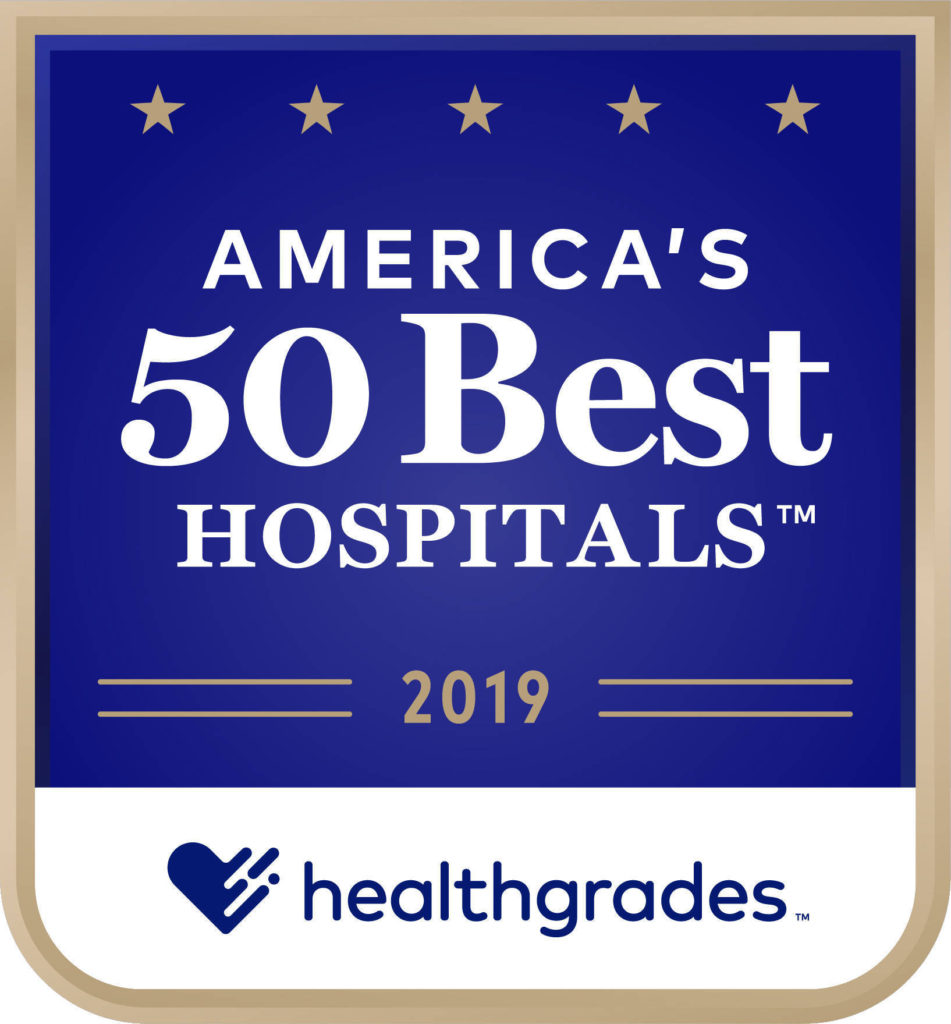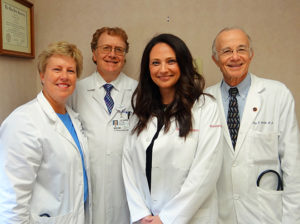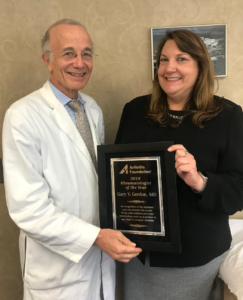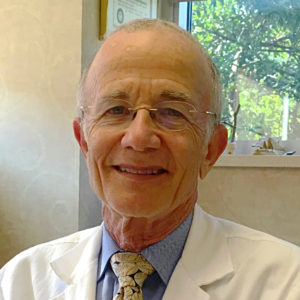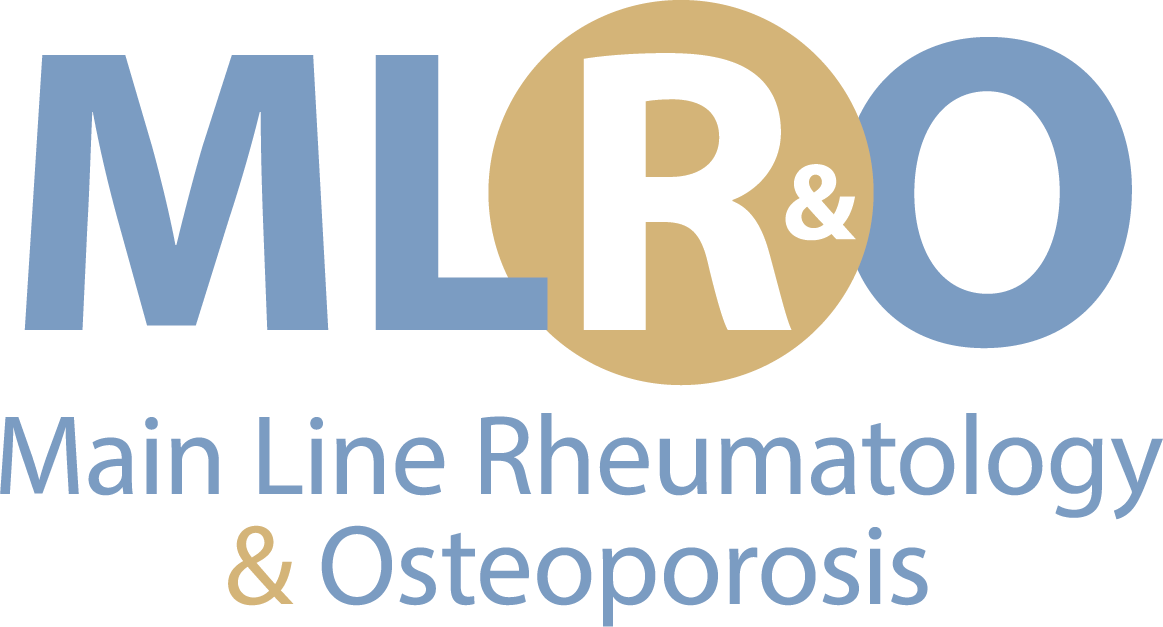If you have arthritis, you know about the term “bone on bone”. We tell patients that you cannot grow new cartilage once it is destroyed, whether from over or repetitive use, the  natural aging process, or injury. Stories about stem therapy being used to treat osteoarthritis, an aggressive degenerative form of arthritis, are popular on the internet. But, can stem cells regenerate damaged cartilage with this disease? Maybe one day we can be cautiously optimistic, but for today, I am still skeptical.
natural aging process, or injury. Stories about stem therapy being used to treat osteoarthritis, an aggressive degenerative form of arthritis, are popular on the internet. But, can stem cells regenerate damaged cartilage with this disease? Maybe one day we can be cautiously optimistic, but for today, I am still skeptical.
Our understanding is that stem cells are the building blocks of all human tissue. Arthritis, or joint degeneration, is due to loss of the cartilage that cushions bones and the stem cell goal is to treat arthritis to regrow cartilage.
Stem cells that come from your own body and are harvested through a medical scientific procedure, are then injected back into your body (stem cell therapy) in a desired location, addressing a specific medical condition, movement or pain problem. A newborn baby’s umbilical cord is rich in natural stem cells, and there has been a movement over the last 5-10 years to freeze and save these stem cells for that baby’s (or natural family member) possible health needs.
The human body is a remarkable repair machine. Skin can regenerate, and a small piece of liver transplanted in a human body, grows miraculously to accommodate the body’s needs. But damaged cartilage causing osteoarthritis, does not naturally regenerate. Making degenerated and damaged bones and joints “almost good as new” is more often than not, only the outcome of surgery.
Dr. Shane Shapiro, at the Mayo Clinic Orthopedic Surgery and Center for Regenerative Medicine, published an article in May, 2018 describing how efforts and studies in stem cell regenerative medicine could treat degenerative conditions such as osteoarthritis, changing the course of orthopedic surgery over the coming years. Although research and studies show promise, stem cell treatment for arthritis is not widely available at this time, as is still being researched.
When discussing stem cell therapy, it’s important to understand that pure stem cells are not currently available to U.S. patients outside of a clinical research study. Stem cell therapies currently used outside clinical studies do not contain pure stem cells; they are a mix of a variety of cells with only a very small percentage, stem cells.
A handful of clinical research trials, monitored by the U.S. Food and Drug Administration (FDA), are ongoing at this time to study stem cell treatment for arthritis. The early findings are encouraging for the future. Many stem cell therapies now marketed to patients are conducted without a required FDA biologics license. Also, some forms of stem cell therapies are mislabeled, and do not contain actual living stem cells. These practices cause concern among rheumatologists as these treatments may mislead, or even harm the public.
Research into stem cells and arthritis shows that there are opportunities for stem cell treatment resulting mostly in pain relief and improvement in function, or quality of life. But only a few limited early studies have demonstrated improvement in new cartilage or bone formation needed to cure arthritis, so I am skeptical. Exactly how that cartilage regrowth occurs, or even how pain relief is achieved, is still unknown.
To conclude, here is my opinion. Stem cell therapy, particularly with fetal stem cells, offers great promise for many diseases, including regenerating the damaged cartilage of osteoarthritis. Free standing stem cell clinics that offer treatment, giving you back a few of your mature stem cells for a high cost. As a cautionary tale, The New York Times reported, October 15, 2018, that Harvard University is retracting data that had implied that stem cells had improved cardiac function, when stem cells were placed in the heart. The odds of success currently are minimal, and insurance does not cover this expensive procedure. The “Religious Right” has prevailed upon the last three administrations to toss umbilical cords into the trash instead of utilizing them to save or improve lives. We hope this will change one day, or maybe other countries can lead the way.

